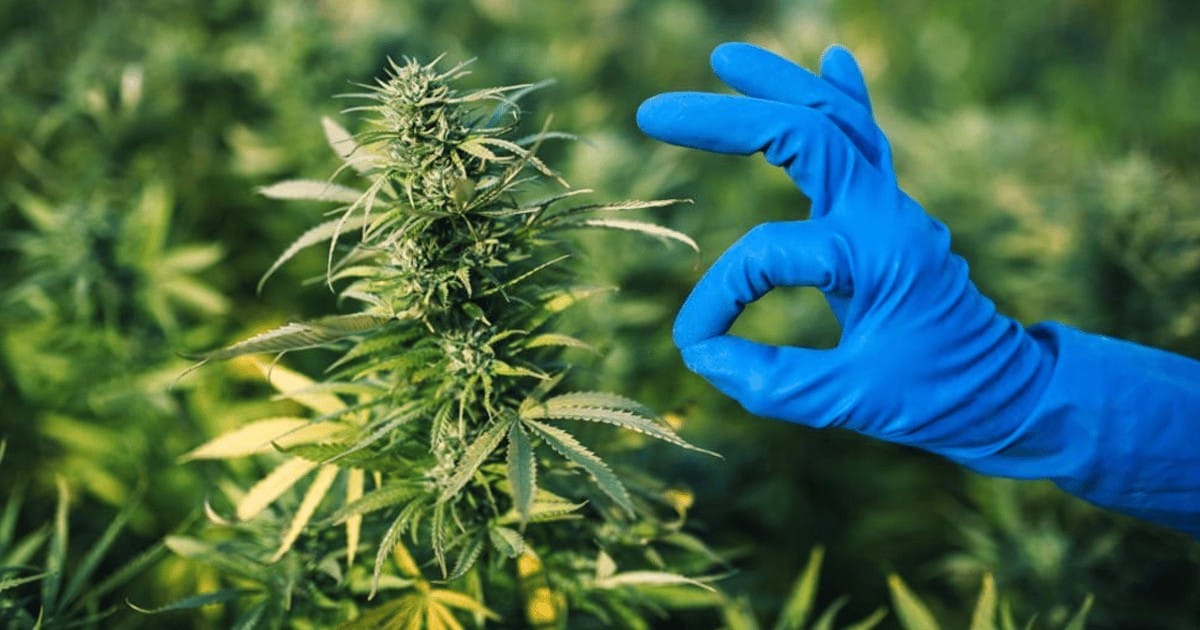After jumping through hoops for years, a major win was finally achieved for the cannabis market by Doghouse Farms in the Detroit area. They are the first farm/cultivator to receive a license – and hopefully not the last. The extreme delays allowed this process to drag its feet for almost two years. Doghouse now has two Class C adult-use recreational grow licenses, enabling them to grow 4,000 plants at a time, and three Class C medical marijuana licenses to grow 4,500 plants for medicinal use. Though this looks great on paper, the underlying issues that have surfaced during the appeal to get licensing on track have shaken many opinions. What does this mean for the industry and why did it take years to achieve?
The Industry Of Contradictions
On 1 December 2019, Michigan officially opened sales for recreational marijuana. Even though the sale of recreational cannabis was permitted, the first license was awarded to cultivate. The date of the launch was moved a month earlier to try and eradicate the illegal sale of cannabis, but this seems a bit of a lethargic attempt since most of the state has banned recreational use and business. Michigan voters did approve recreational use in 2018 and sales kicked off in 2019, and the ballot initiative gave localities the power to opt out of the industry.
The process was halted due to legalities concerning the fact that preference would be given to long-standing Detroit residents – which would exclude many potential cultivators. The battle ensued over the course of a few years and finally, Doghouse Farms won. They were granted that first golden license, even though they were not originally from Detroit. A fact that still upset many. Doghouse Farms is originally from Oregon with a facility in Detroit. Detroiters wanted the licensing to benefit the city and its people by providing opportunities to longtime residents.
When the ordinance was passed, Council President Pro Tem James Tate said, “The goal has never been to simply have licensing within the city, but to create policy that works to address the inequities that so many Detroiters have experienced trying to pursue an opportunity in this industry.” Will this effectively address the longtime struggle of the city to get a foot in the door of the cannabis industry?
Creating A Major Issue For Supply/Demand
The new ordinance sets no limit for the licensing of growers but is capping the licenses of retailers at 100, and half of the retail permits will be reserved for social equity applicants. This creates a major imbalance in the market and would create a huge overgrowth with nowhere to sell. The first step to restoring balance might have been taken, but the work that needs to be put in to create a market that can flourish is undeniably hard. We need massive strides to keep happening in the next few years to ensure the power is placed in the hands of the cultivators and retailers. The act of licensing is pursued to eliminate the illegal market, but the capping of licensing will not improve the situation as legislation has hoped.
The licensing process is intricate, and several requirements are to be met to be in consideration, however, the capping system creates a major imbalance. People will be cut off due to capping factors and will eliminate their chances to develop their business. This seems radical and ineffective in the long run. We rely on legislation to keep making changes to ensure future balance and improvements.
Enjoyed that first hit? Come chill with us every week at the Friday Sesh for a freshly packed bowl of the week’s best cannabis news!
- Facebook and Instagram Loosen Cannabis Restrictions, But Is It Enough From Meta?
- Combating Violent and Dangerous Crime Act Targets “Candy-Flavored” Cannabis Products
- Retail Spotlight – Mayflower in Lowell, MA
- Benzinga Chicago 2025 Recap
- Iowa’s Surprising Veto of Psilocybin Bill HF 383
- North Carolina House Bill 328 and the Growing Trend of Hemp Regulation in the U.S.













